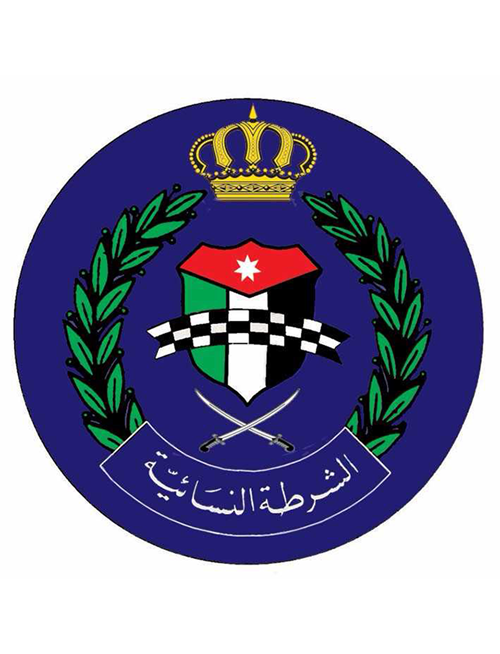

Princess Basma Women Police Training Institute is one of the training institutes in public security , it is administratively followed to the Women Police Command.
The training process includes:
the trainees receive the various skills in the three components of the institute , with the activation of gender integration in some courses, and the institute is working within the annual training plan and the training guidance plan, in addition to the exceptional courses in the event of a training need. The institute participates in the educational and sports training activities throughout the training year .
Princess Basma Women Police Training Institute is concerned with new developments in terms of: training
Military training: in which the personality of a female soldier in the military system is refined according to a specialized training program which is different from the civil life style, which includes infantry movements, military formations, weapons training and physical fitness and dealing With dangerous and wanted persons.
Academic training: in which developments are given various academic materials by specialized lecturers, including (penal code - code of criminal procedure - police materials such as security awareness and public duties - educational materials on first aid) and many others.
It is also concerned with training all public security personnel , males and females, to give them courses (foundational, specialized and academic) according to the annual training plan approved by the Training Directorate.
In addition to cooperation with Arab-foreign countries, between which there are international agreements and memoranda of understanding in the fields of training and exchange of experiences through holding various courses and joint training programmes.
The basis of the training process is to support a culture of gender mainstreaming and equal opportunities for both sexes in training within an appropriate training environment and to follow systematic and scientific evaluation mechanisms in order to develop the training process and aspire to reach a leading regional institute.